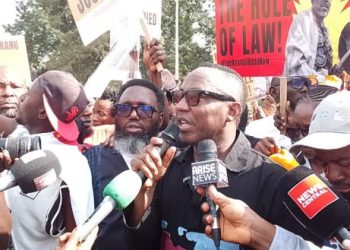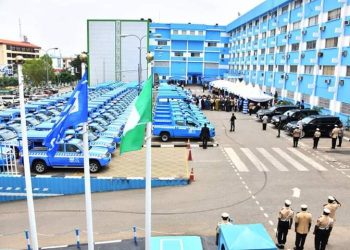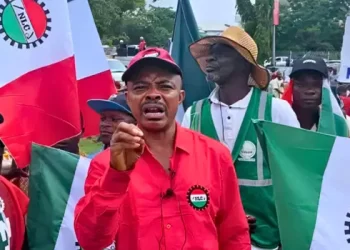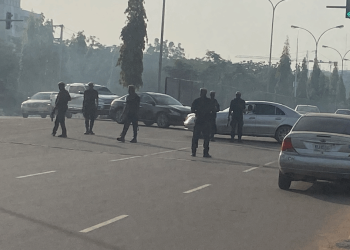President Muhammadu Buhari Saturday in South Africa said that
the Peoples Republic of China remains a strategic and dependable partner in his
administration’s determination to change the direction and content of
governance, including the management of the country’s resources with priority
on accountability, transparency and result-orientation in governance.
President Buhari stated this in his address at the Roundtable
of Chinese and African Leaders on the last day of the Johannesburg Summit of
the Forum on China-Africa Cooperation (FOCAC). While noting that his
administration has since its inauguration in May this year, embarked upon the “task
of re-focusing our governance on the real needs of the vast majority of Nigerians,”
the President said he was confident that China “will always stand shoulder to
shoulder with us in our quest to fulfill the aspirations of our people to
propel them to prosperity.”
On the 15-year-old FOCAC, President Buhari, who commended the
theme of the Second Summit, “China-Africa Progressing Together: Win-Win
Cooperation for Common Development, expressed the hope that it would “engender
the right platform to engage Africa in all fields of human endeavours such as
provision of essential infrastructure, skills development and capacity
building, diversification of our economies and beneficiation of resources.”
While identifying with the laudable objectives of FOCAC in
cultivating, fostering and deepening political, economic, technological, social
and other forms of relations between China and Africa, President Buhari praised
China for the vision behind the establishment of FOCAC as a platform for higher
level Africa-China relationship.
According to the
Nigerian leader, “Africa expects Chinese investment flows to the real sector of
our economies to promote African enterprises. Our over-riding objectives are to
tackle the challenge of unemployment, wealth creation, food security and industrialization.”
He also stressed the crucial link between political
stability, security and sustainable development on the African continent. “We
are convinced that Africa can only leverage productively on the potentials of
ties with strategic and development partners in an atmosphere of political
stability and security of lives and property as well as in a policy environment
that guarantees the sanctity of collaborative joint ventures and investment on
the basis of agreed rules and regulations,” President Buhari said.
Drawing the attention of the Summit to the threat posed by global
challenges such as fresh political conflicts, terrorism and other forms of
extremism; trans-border crimes; illegal arms trade; irregular migration and
cybercrimes, he said collective action was required to confront these new
threats to global peace. “These are veritable threats to peace and security and
without peace and security we cannot succeed in our development objectives,” he
stressed.
According to President Buhari, China and Africa must work together
to confront the above threats, as well as the challenge of climate change “for
which Africa remains badly affected with severe threats to food security and
social stability,” in addition to “unacceptable levels of poverty, unemployment
and youth restiveness.”
The President said he looks forward to the Second FOCAC
(after China hosted the first one in 2006) coming out with a clear and
sustainable roadmap for what he described as “this strategic engagement which
will be mutually beneficial to both Africa and China in the efforts at promoting
rapid socio-economic development for” both partners.













































